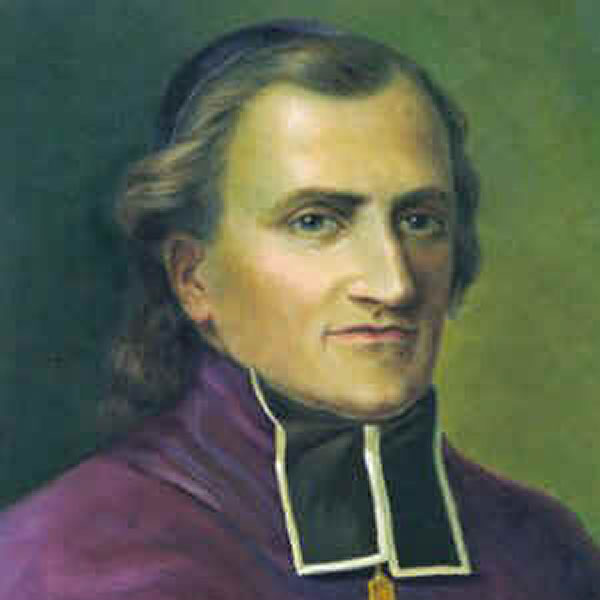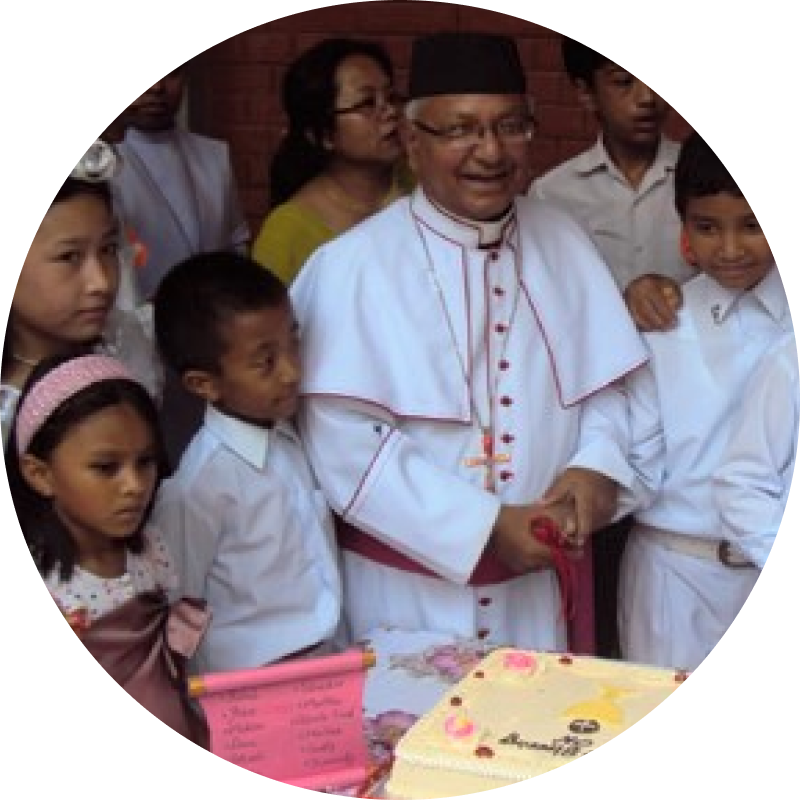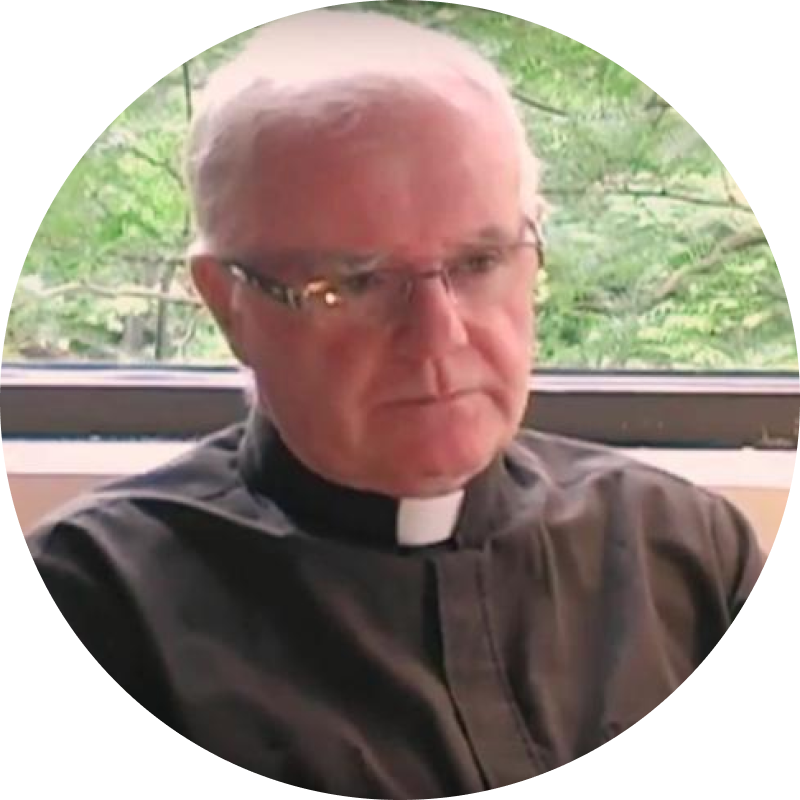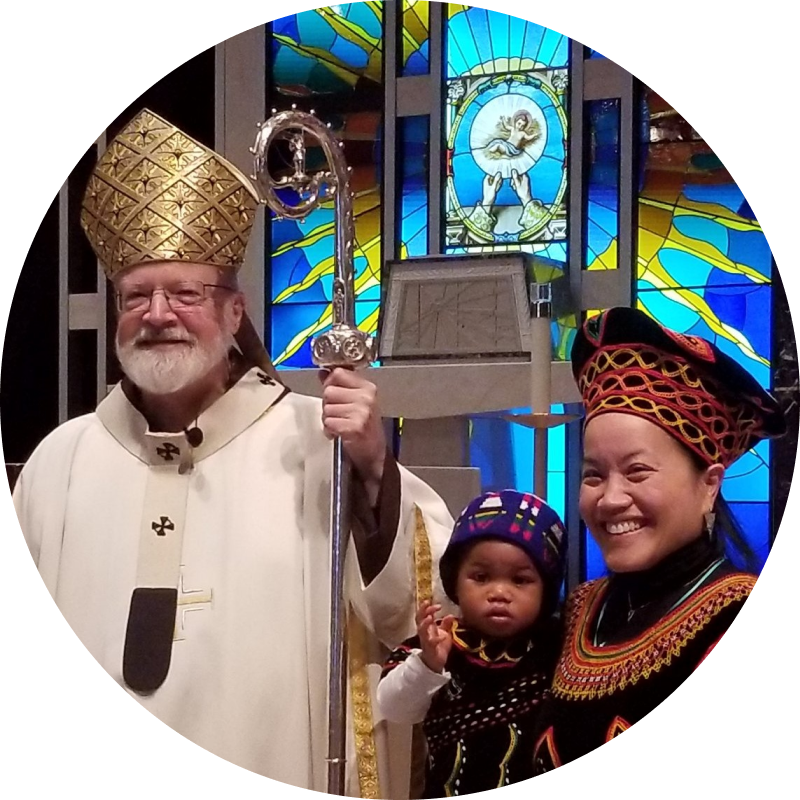- Our History
- Our Team
- FAQ
Navigation
About Us
Our History
Since 1922, the Pontifical Mission Societies have been the official missionary arm of the Catholic Church spreading the Gospel of Jesus Christ, in word and action, to the people in over 1,100 mission territories around the world. We’re proud of the lay people and clergy who began work centuries ago!
In 1822, an 18-year-old young woman, Pauline Marie Jaricot, had an idea that revolutionized the way the Church looked at mission work – she involved the laity. Pauline went into the silk factories of Lyon, France and organized people into “Prayer Circles” of 10 people each. They would gather to pray for the mission Church and sacrifice a penny every week. Pauline’s genius was a General Solidarity Fund, that to this day, helps not just one mission, but all of them. Pauline was named Blessed in 2020.
After a 2-year trip to the largest mission land of his time – the United States – French Bishop Charles Forbin de Janson returned home and paid a visit to his friend, Pauline Jaricot. After describing the poor conditions in which he found many US children living, Pauline suggested he do something about it. In 1843, Bishop Charles asked the school children of France to pray a Hail Mary every day for children in mission countries, and to give up a penny a month for their care. The Holy – now Missionary – Childhood Association was born. All funds raised by this children’s mission aid association help missionaries who care for children 14-years old and younger.
It all started with pen pals. A missionary bishop in Nagasaki, Japan was a correspondent with mother and daughter Stephanie and Jeanne Bigard of Caen, France. He told them stories of turning young men away from seminary training because he could not afford to educate them in his crumbling facilities. The Bigards contacted friends and family to help and began to fund seminaries not only in Japan but across Asia as well. In 1888, these two women probably didn’t dream that this mission society would be helping to educate over 30,000 seminarians and 10,000 novices worldwide over 130 years later.
Father Paolo Manna was an Italian missionary priest serving in what was then called Burma, now Myanmar. Poor health forced him to return home. If he could not serve in the missions, he would make it his life’s work that the average Catholic know about and pray for the missions. Father Paolo began writing. He started mission magazines and newspapers, wrote pamphlets and brochures about our baptismal call to mission, and became a well-known author. He began the Missionary Union in 1916. Imagine what he could have done with social media! Father Paolo was declared Blessed in 1971.
Stories From The Missions
This template controls the elements:
FOOTER: Footer Title, Footer Descriptions
CUSTOM MENU: Images and columns into header main menu submenu items
* This message is only visible in administrative mode
LOCATION
Pontifical Mission Societies
66 Brooks Drive
Braintree, MA 02184
CONTACT NUMBER
617-542-1776














